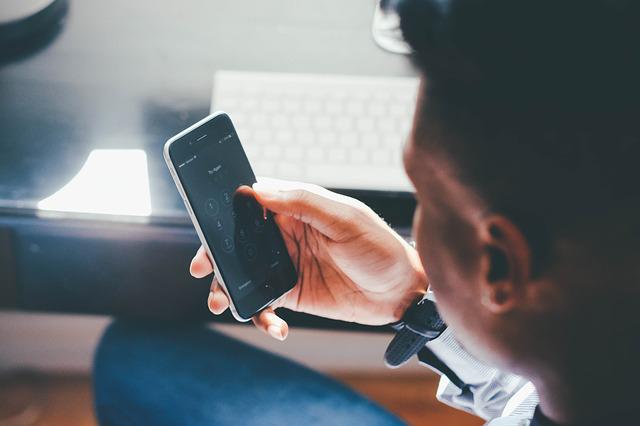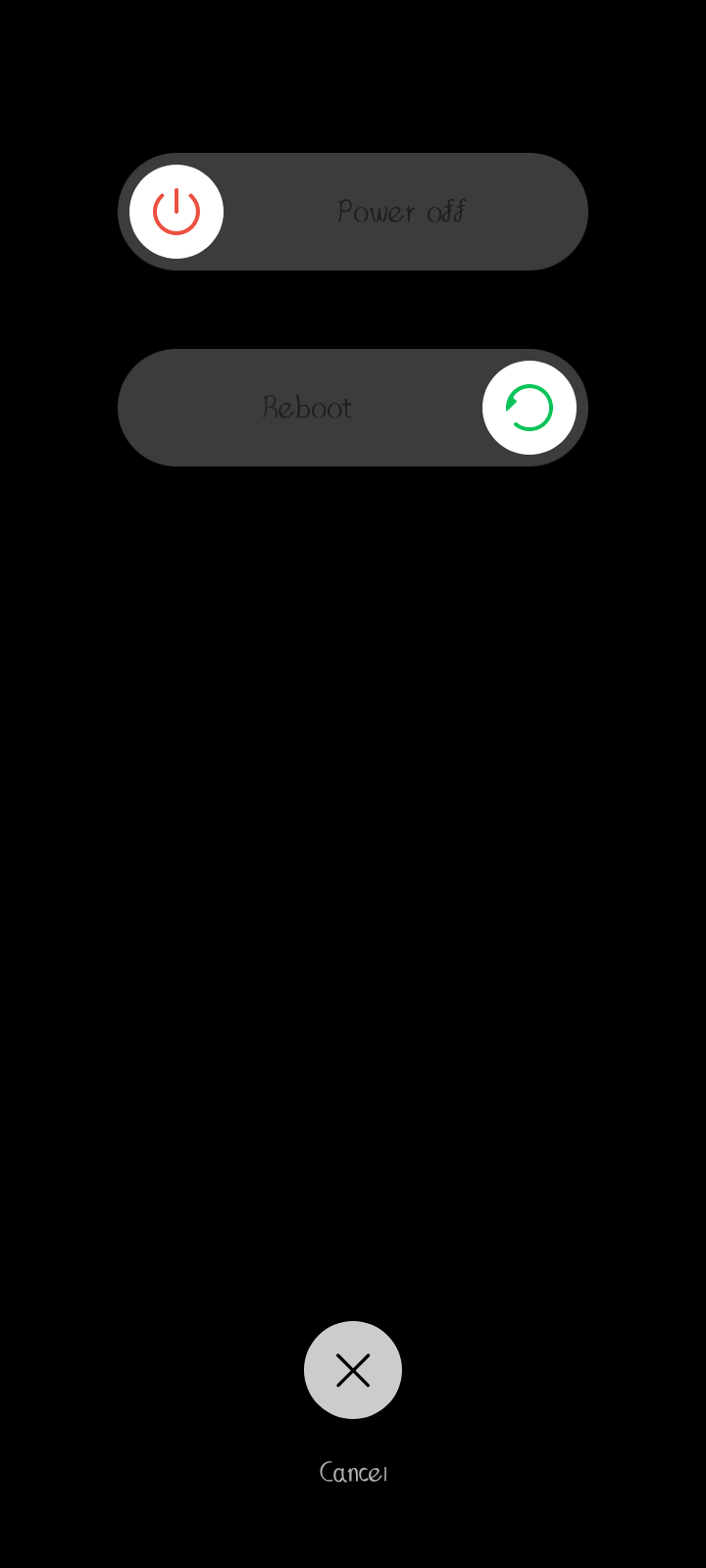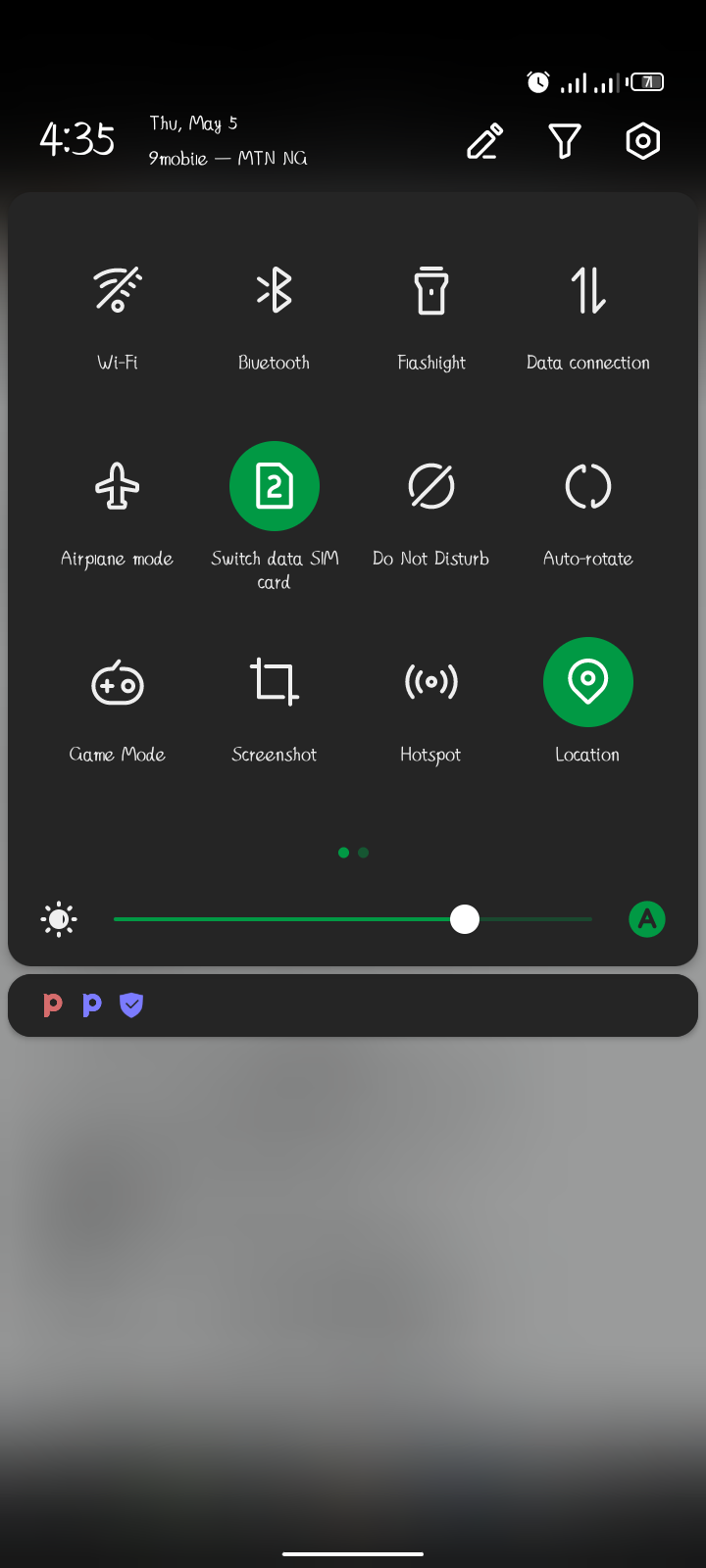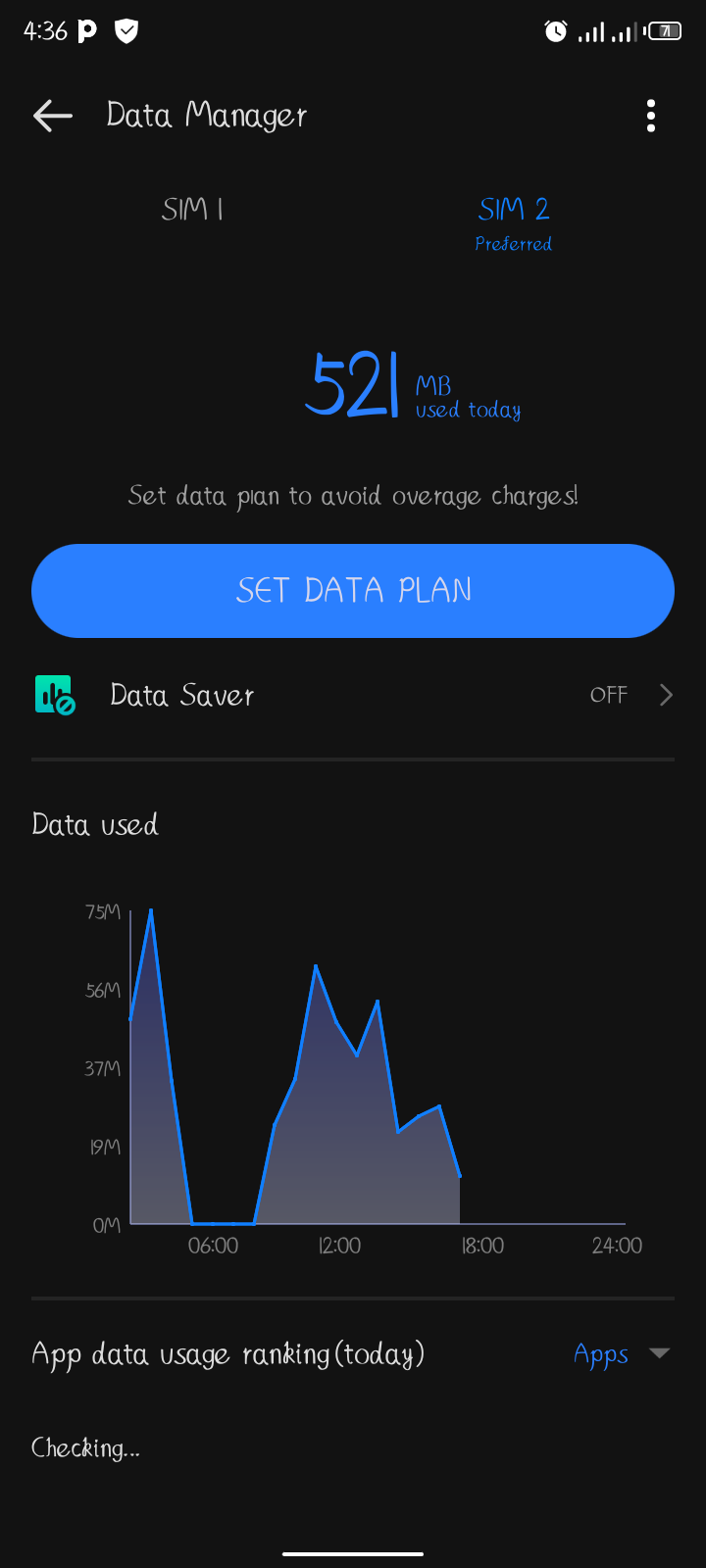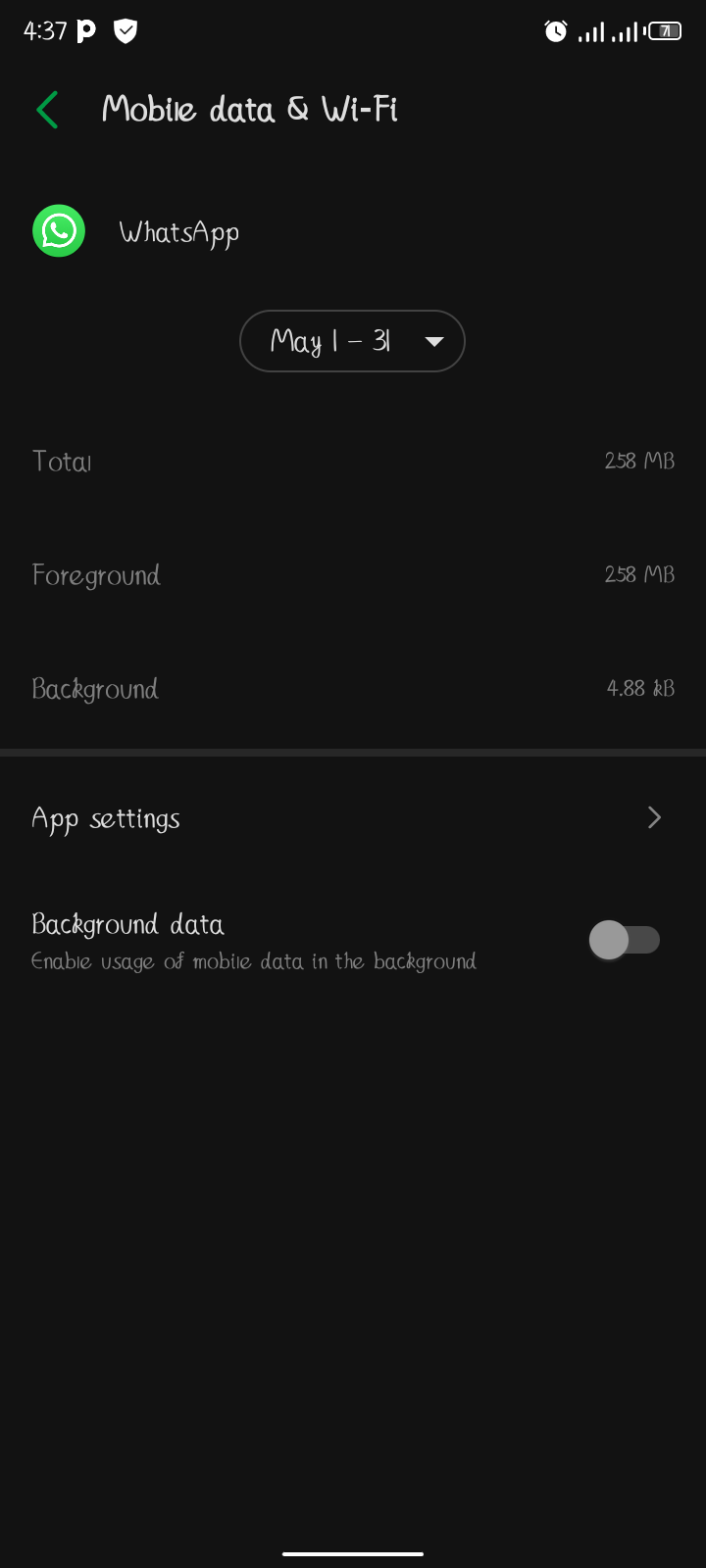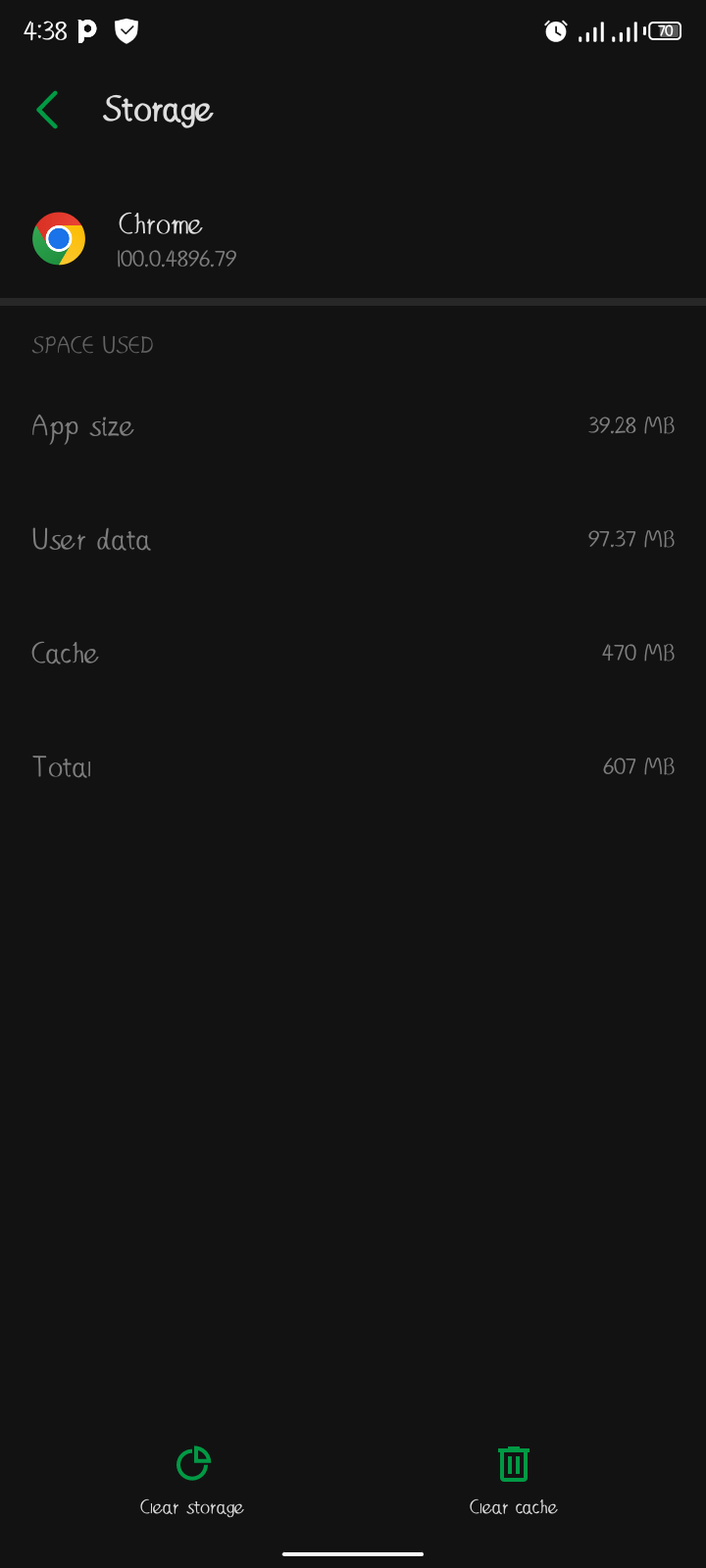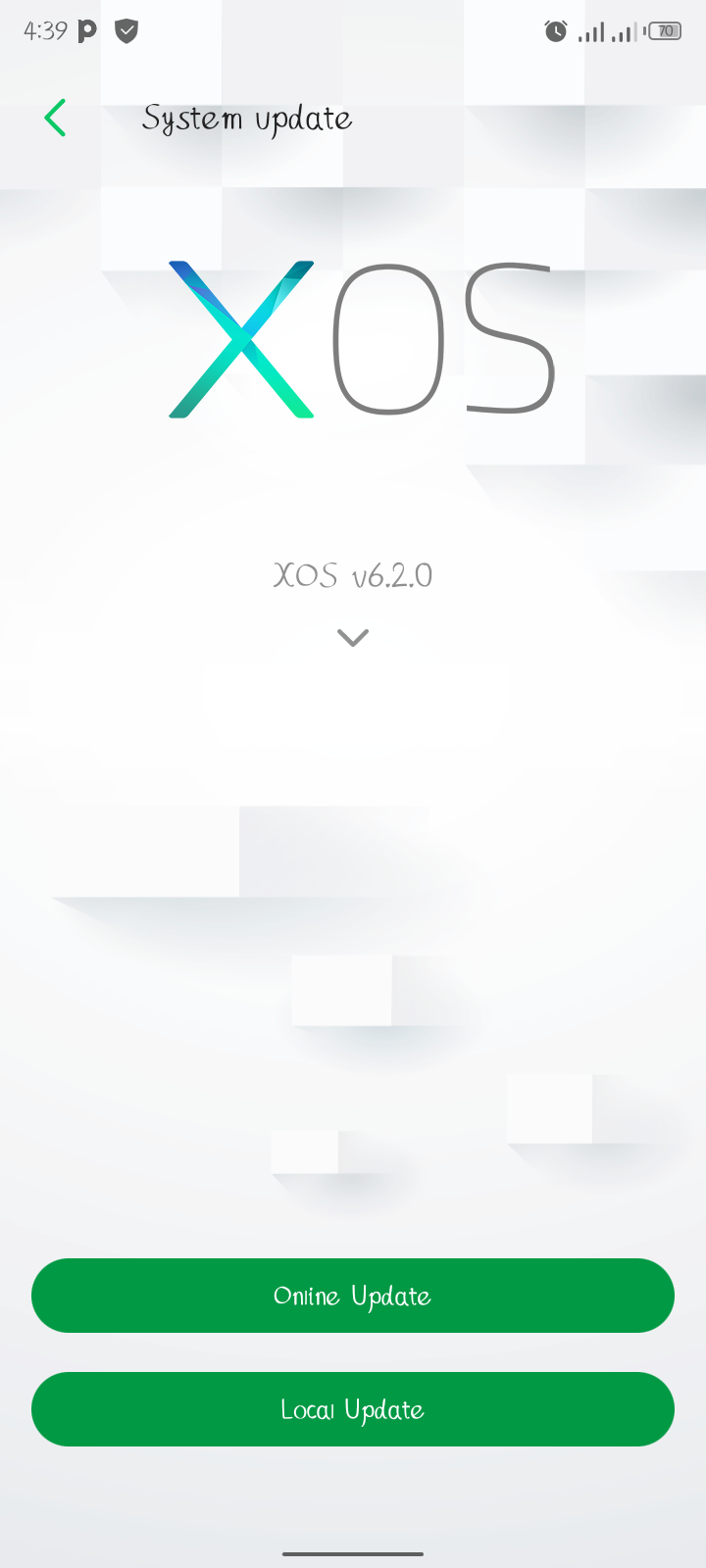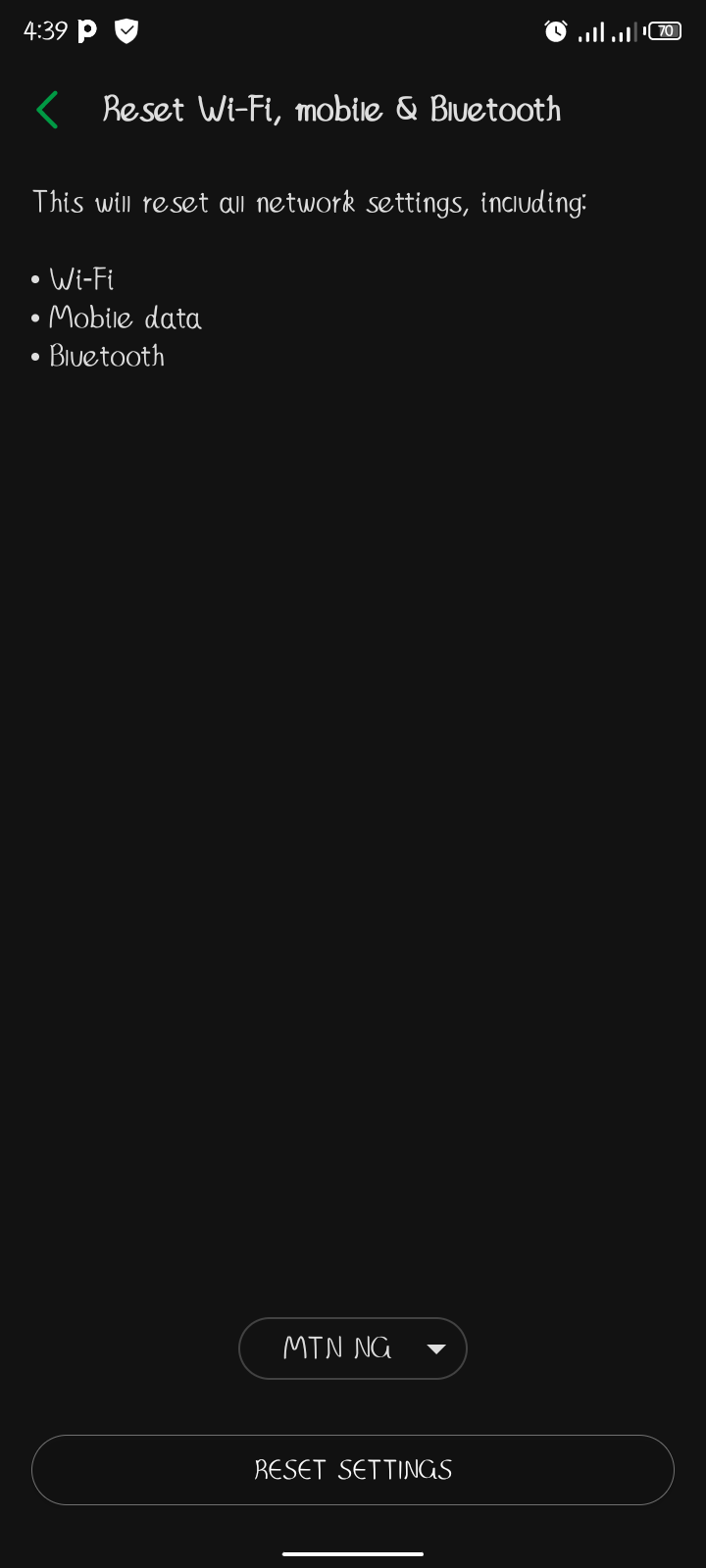How to Speed Up Slow Internet on Your Android > Have you ever wondered why the web is so slow on your Android phone? It should be because of a variety of reasons.
Imagine watching your preferred show, streaming music, or a live movement of an event like the Super Bowl or the Oscars, solely to wait for it to buffer and buffer and never end!
That is what most Android customers have to face.
In this guide, we’ll walk you through some of the various motives why the internet is so slow on your android phone, and give you some guidelines on how to speed it up and make sure it won’t keep happening.
Why is the Internet too Slow on Your Android Device?
Before jumping into the solutions, let’s check out the motives behind the sluggish internet connection on your Android Device.
- Poor Connection is the biggest purpose of slow web on your smartphone.
- The browser cache improves your internet experience. It makes the browser quicker and more intuitive.
- While mobile networks are noticeably good these days, it nevertheless doesn’t give you the invitation to do simply anything.
- Sometimes, network settings on your Android cellphone cause such issues.
An easy network reset will do the trick.
- Last however not least, sluggish internet connection is a frequent problem with ancient mobile phones.
In this situation, getting a new Android phone is an excellent way to resolve the problem.
So, if you are caught up with the motives behind the slow internet on your Android device, it is time to take a look at the tips to speed up the slow internet on Android device.
7 tips to Speed Up the Internet on Android Device
So, besides further ado, let’s dig into our suggestions to help you to pace up the internet on your Android phone.
- Restart Your Android Device
- Enable and Disable Android Offline/Flight Mode
- Disable Data Saver/Low Data Mode
- Disable Background Usage for Irrelevant Applications
- Clear Android Browser Cache
- Update Your Android OS
- Reset Network Settings
1. Restart Your Android Device
Sometimes easy solutions are the best. So, we will begin with restarting the Android mobile.
Now, if you are experiencing slow internet speed for a lengthy time, then restarting the Android mobile may additionally not be the enough solution for your situation. You may also want to look into other options we have listed for that.
But if you see a sudden trade in your phone’s internet speed; you would prefer to restart the device. If the internet velocity slowed down due to minor issues or glitches, an easy reboot will fix the issue.
Anyhow, there is the opportunity of the problem originating from the carrier. In that case, you can solely wait for the network carrier provider to get to the bottom of the issue.
2. Enable and Disable Android Offline/Flight Mode
Putting your phone on Aeroplane/Flight mode can be a tremendous fix for community issues. When you enable plane mode you disable your phone’s wireless sign transmissions such as WiFi or cellular networks and Bluetooth.
After you deactivate this mode, the sign flow starts off and evolves again. Basically, the internet connection receives re-established, fixing issues alongside the way.
So, simply allow the Airplane/Flight Mode from the Android Quick Settings Panel. Disable it after a minute.
3. Disable Data Saver/Low Data Mode
In order to reduce statistics usage, Android devices are provided with a built-in Data Saver or Low Data Mode.
This mode is pretty beneficial if you are trying to limit data utilisation but if you have enabled it barring knowing its outcomes or enabled the mode accidentally, it may appear like the internet is gradual on your Android phone.
Follow these steps:
- Enter Android Settings and tap on Connections.
- Navigate to Data Usage and click on the Data Saver option.
You will find a switch for enabling or disabling the Data Saver option. If the mode is enabled, you want to toggle the switch and disable Data Saver/Low Data.
4. Disable Background Usage for Irrelevant Applications
Network-heavy purposes are the most unreasonable way to lose internet speed. Some purposes are more disturbing compared to others.
In this situation, you have two options. You can both uninstall the applications or disable the historical past data utilisation for them so that they consume much less bandwidth.
- Go to the Settings app and tap on Connections.
- Navigate to Data Usage and then, click on Mobile Data Usage.
Here, you will see the amount of records consumed with the aid of individual applications. Choose the app that is ingesting the most data.
Then, disable the button beside the Allow Background Data Usage option.
Doing this will stop the app or apps from the use of data in the background. The traumatic applications won’t be capable of consuming facts when you are not the usage of them.
5. Clear Android Browser Cache
The Android browser you are using should be the root of the issue if you haven’t cleared the browser cache in a lengthy time.
The cache files are important. It helps the browser to run fast. Unfortunately, if too many cache archives have piled up, it can have an adverse effect.
So, if you desire to speed up the web on Android, clear the browser cache.
- Open the Settings app and tap on Apps.
- Locate the Google Chrome app and tap on it. (If you are using a unique browser, then choose that alternatively of Google Chrome)
- On the App Info page, tap on Storage.
- Lastly, click on the Clear Cache option at the backside of the new panel.
If the internet was once slow on your cell due to a piled-up browser cache, it should be constant after removing all of the cache files.
If it doesn’t get fixed, don’t worry. There are greater tips on hand to get you through the issue.
6. Update Android OS
An out of date OS can sometimes cause issues, while the probabilities are pretty slim, however it can cause the web to slow down.
Well, in that case, the easiest solution is to replace the Android OS. If you haven’t bothered to replace the system firmware in a lengthy time, then here’s what you need to do.
Follow these steps:
- Go to the Settings app on your Android cellular and tap on the Software Update option.
- Then, click on Download and Install.
Android will immediately appear for available updates and after finding the update, it will be downloaded. Then you will just have to click on the Install button.
If the problem was prompted due to outdated firmware, updating Android would restore it.
If it doesn’t; well, don’t worry. At least, you are using an up to date OS.
7. Reset Network Settings
If none of the previous hints have worked, you can try resetting the community on your Android phone. Resetting the network entails a few easy steps. Let’s take a look at them.
Follow these steps:
- Go to the Settings app on Android and tap on General Management.
- Navigate to Reset and then tap on Reset Network Settings.
Lastly, you just have to faucet on the Blue Reset Settings button for the final confirmation. After the Network reset, you should see an increase in the internet speed.
Conclusion
As cited above, there are many factors that have an effect on the speed of your Android smartphone service.
Your network provider, your place in relation to the nearest tower, and even the weather can have an effect on your cell phone’s capability to connect to the internet.
One element that you can do is try to get a higher signal power by transferring your device nearer to a window.
This can improve your phone’s capacity to connect to the net at higher speeds.
Keep in thought that location additionally matters when you’re searching into upgrading your service graph and signing a contract.
And while these guidelines should assist you live with a slower net connection, they won’t fix the root issue: Slow Internet on Android Your Android Device usually means that it’s time for an upgrade. For any comments, questions, or concerns, please use the comment area below.

